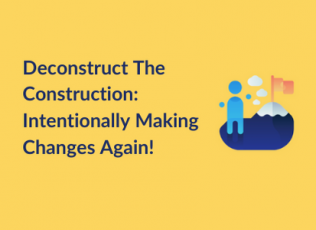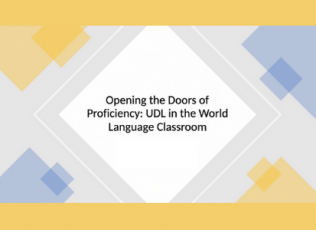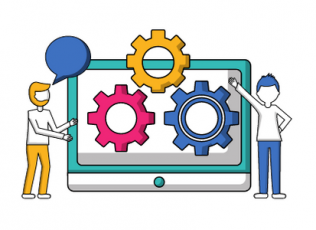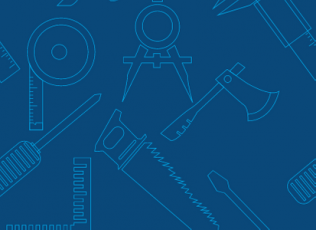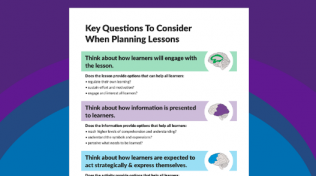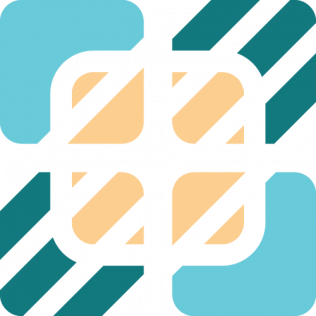UDL-SICC Implementation Readiness Indicators Tool
The Universal Design for Learning School Implementation and Certification Criteria (UDL-SICC) Implementation Readiness Indicators Tool is designed to help school teams determine their readiness to begin effective, systemic UDL implementation.
The UDL Implementation Readiness Indicators Tool supports school teams with determining a school’s readiness for UDL Implementation, helps teams avoid the potentially costly mistake of launching implementation efforts prematurely.
It’s important to recognize that readiness is contextual. A school team may be ready to scale up one initiative while still exploring readiness for another. All schools have unique qualities and needs. Understanding your school’s attributes will help your team determine where to begin your UDL implementation journey.
Click here to view the UDL School Implementation & Certification Criteria (UDL-SICC)
Share this resource:
Posted date:
July 12, 2021


